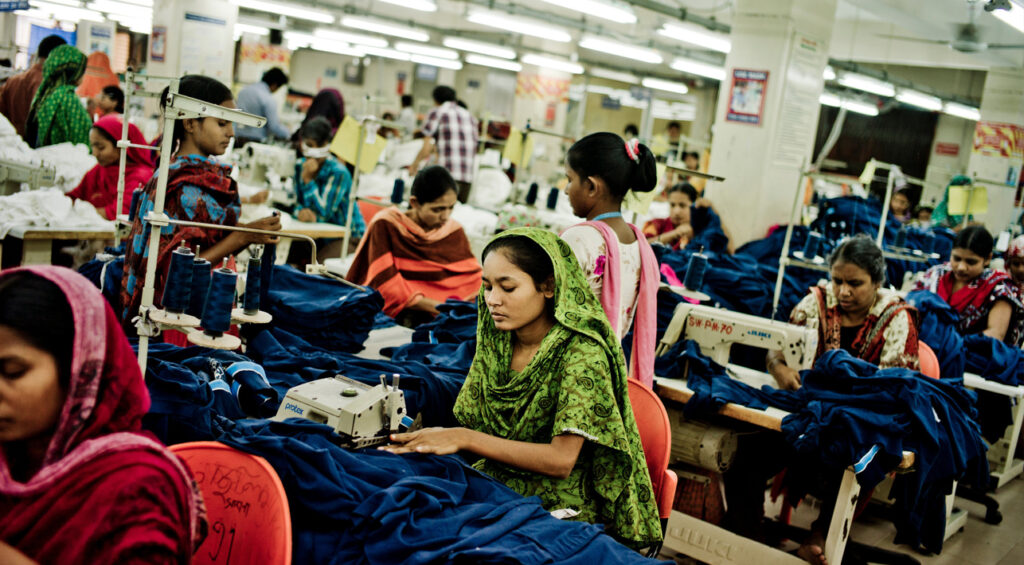[fusion_builder_container type=”flex” hundred_percent=”no” hundred_percent_height=”no” hundred_percent_height_scroll=”no” align_content=”stretch” flex_align_items=”flex-start” flex_justify_content=”center” hundred_percent_height_center_content=”yes” equal_height_columns=”no” container_tag=”div” hide_on_mobile=”small-visibility,medium-visibility,large-visibility” status=”published” border_style=”solid” box_shadow=”no” box_shadow_blur=”0″ box_shadow_spread=”0″ gradient_start_position=”0″ gradient_end_position=”100″ gradient_type=”linear” radial_direction=”center center” linear_angle=”180″ background_position=”center center” background_repeat=”no-repeat” fade=”no” background_parallax=”none” enable_mobile=”no” parallax_speed=”0.3″ background_blend_mode=”none” video_aspect_ratio=”16:9″ video_loop=”yes” video_mute=”yes” absolute=”off” absolute_devices=”small,medium,large” sticky=”off” sticky_devices=”small-visibility,medium-visibility,large-visibility” sticky_transition_offset=”0″ scroll_offset=”0″ animation_direction=”left” animation_speed=”0.3″ filter_hue=”0″ filter_saturation=”100″ filter_brightness=”100″ filter_contrast=”100″ filter_invert=”0″ filter_sepia=”0″ filter_opacity=”100″ filter_blur=”0″ filter_hue_hover=”0″ filter_saturation_hover=”100″ filter_brightness_hover=”100″ filter_contrast_hover=”100″ filter_invert_hover=”0″ filter_sepia_hover=”0″ filter_opacity_hover=”100″ filter_blur_hover=”0″ admin_toggled=”yes”][fusion_builder_row][fusion_builder_column type=”1_1″ layout=”5_6″ align_self=”auto” content_layout=”column” align_content=”flex-start” valign_content=”flex-start” content_wrap=”wrap” center_content=”no” column_tag=”div” target=”_self” hide_on_mobile=”small-visibility,medium-visibility,large-visibility” sticky_display=”normal,sticky” order_medium=”0″ order_small=”0″ hover_type=”none” border_style=”solid” box_shadow=”no” box_shadow_blur=”0″ box_shadow_spread=”0″ background_type=”single” gradient_start_position=”0″ gradient_end_position=”100″ gradient_type=”linear” radial_direction=”center center” linear_angle=”180″ lazy_load=”none” background_position=”left top” background_repeat=”no-repeat” background_blend_mode=”none” filter_type=”regular” filter_hue=”0″ filter_saturation=”100″ filter_brightness=”100″ filter_contrast=”100″ filter_invert=”0″ filter_sepia=”0″ filter_opacity=”100″ filter_blur=”0″ filter_hue_hover=”0″ filter_saturation_hover=”100″ filter_brightness_hover=”100″ filter_contrast_hover=”100″ filter_invert_hover=”0″ filter_sepia_hover=”0″ filter_opacity_hover=”100″ filter_blur_hover=”0″ animation_direction=”left” animation_speed=”0.3″ margin_bottom=”0px” last=”true” border_position=”all” first=”true” min_height=”” link=””][fusion_text columns=”” column_min_width=”” column_spacing=”” rule_style=”” rule_size=”” rule_color=”” hue=”” saturation=”” lightness=”” alpha=”” content_alignment_medium=”” content_alignment_small=”” content_alignment=”” hide_on_mobile=”small-visibility,medium-visibility,large-visibility” sticky_display=”normal,sticky” class=”” id=”” margin_top=”” margin_right=”” margin_bottom=”” margin_left=”” fusion_font_family_text_font=”” fusion_font_variant_text_font=”” font_size=”” line_height=”” letter_spacing=”” text_transform=”” text_color=”” animation_type=”” animation_direction=”left” animation_color=”” animation_speed=”0.3″ animation_delay=”0″ animation_offset=””]
Bangladesh has become one of the fastest-growing economies in the world in recent years, thanks in large part to its thriving manufacturing sector. The country has established itself as a hub for garment manufacturing, and now produces clothing for some of the world’s largest fashion brands. In this blog post, we will take a closer look at manufacturing in Bangladesh, including the advantages and challenges of operating in the country.
Advantages of Manufacturing in Bangladesh
Low Cost of Labor: One of the primary reasons why Bangladesh has become such a popular destination for manufacturing is the low cost of labor. The country has a large population, and many people are willing to work for low wages. As a result, manufacturers can produce goods at a lower cost than in many other countries.
Strategic Location: Bangladesh is strategically located between South and Southeast Asia, making it an ideal location for businesses looking to access markets in both regions. It also has access to major shipping routes, including the Bay of Bengal, which allows for easy transportation of goods to markets around the world.
Growing Infrastructure: In recent years, Bangladesh has made significant investments in its infrastructure, including highways, ports, and airports. This has made it easier for businesses to move goods in and out of the country, which has helped to attract more foreign investment.
Government Support: The government of Bangladesh has been very supportive of the manufacturing sector, and has implemented policies to encourage investment in the country. This has included offering tax incentives, reducing bureaucratic red tape, and establishing special economic zones.
Challenges of Manufacturing in Bangladesh
Infrastructure Challenges: While Bangladesh has made significant progress in improving its infrastructure, there are still challenges that manufacturers must deal with. For example, the country’s power grid is often unreliable, which can cause disruptions in production.
Labor Issues: While the low cost of labor is a major advantage for manufacturers in Bangladesh, it can also lead to labor issues. For example, some factories have been accused of paying workers low wages and providing poor working conditions. This has led to protests and calls for better labor standards.
Environmental Concerns: The manufacturing sector can have a significant impact on the environment, and Bangladesh is no exception. In recent years, there have been concerns about the impact of textile manufacturing on the country’s rivers and waterways. There have also been concerns about the use of hazardous chemicals in some factories.
Quality Control: Maintaining quality standards can be a challenge for manufacturers in Bangladesh. While there are many well-run factories in the country, there have also been cases of poor quality control, which can damage the reputation of both the factory and the brand it produces for.
Conclusion
Overall, manufacturing in Bangladesh offers both advantages and challenges. The low cost of labor and strategic location make it an attractive destination for businesses looking to produce goods for export. However, there are also challenges, including infrastructure issues, labor concerns, environmental challenges, and quality control issues.
Despite these challenges, the manufacturing sector in Bangladesh is likely to continue to grow in the coming years. The government has been very supportive of the sector, and there are many opportunities for businesses to succeed in the country. However, it is important for businesses to be aware of the challenges they may face and to take steps to mitigate those challenges in order to be successful.
Ultimately, the success of the manufacturing sector in Bangladesh will depend on the ability of businesses to navigate the challenges and take advantage of the opportunities that the country offers. With the right strategies and a commitment to quality and sustainability, businesses can thrive in this growing market.
[/fusion_text][/fusion_builder_column][/fusion_builder_row][/fusion_builder_container]


